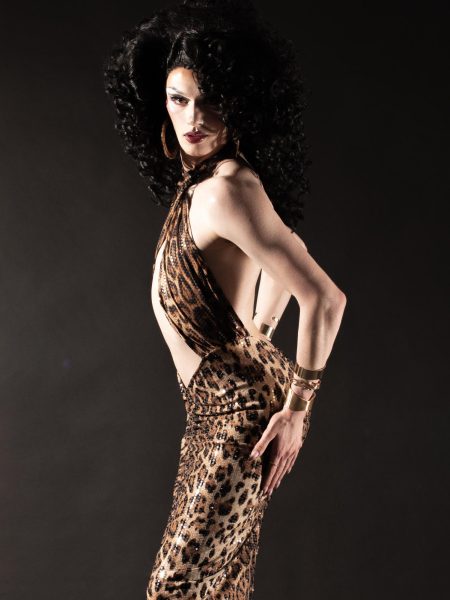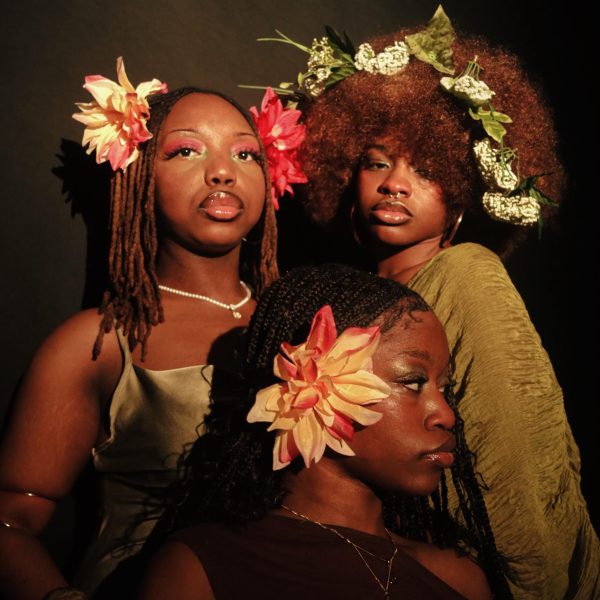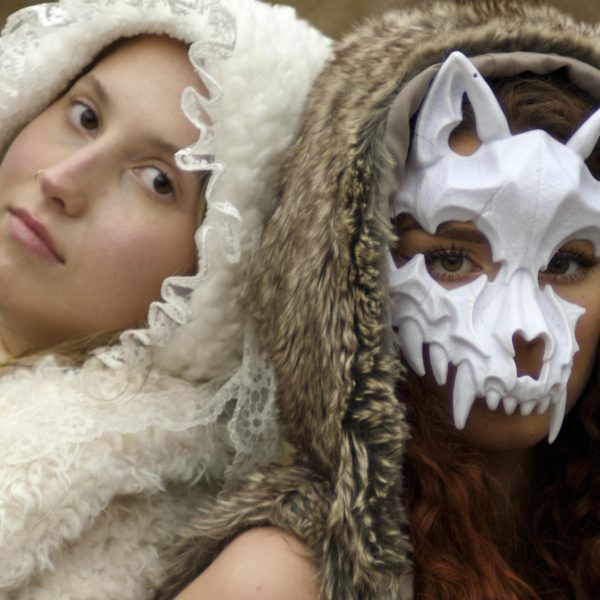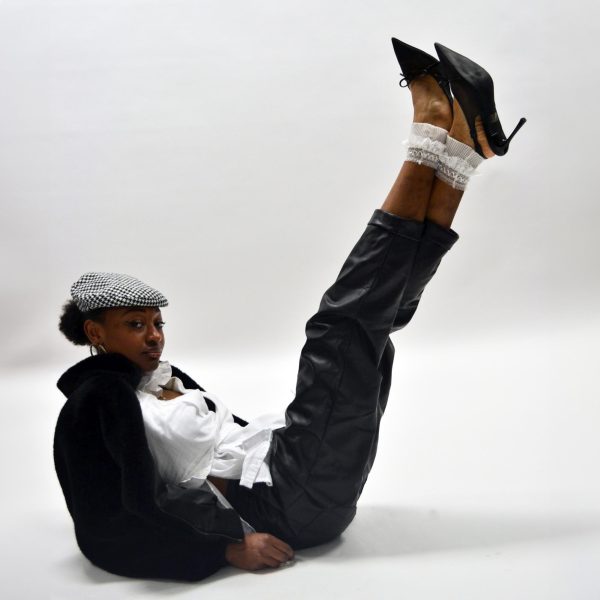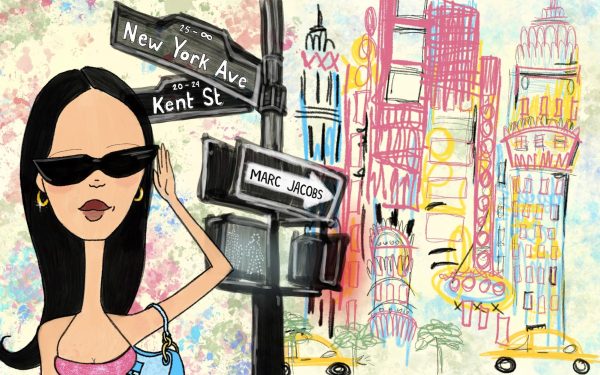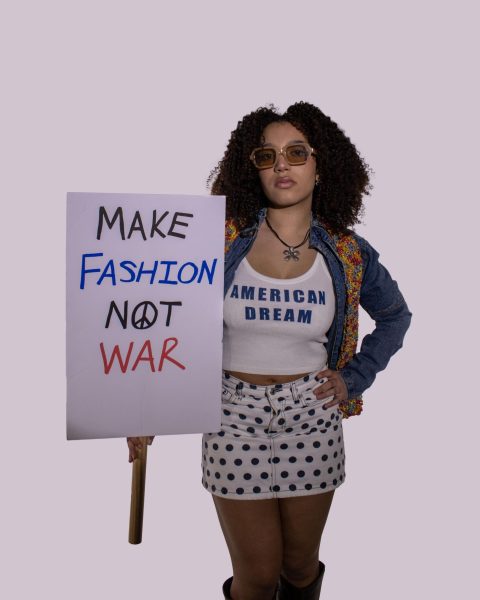sinful deeds: april editorial
photo by kollin battle // models: jacob jones, dominique miles, maggie harris, rosie quartz, landon k, dontay mustin, julien proffitt, anthony richardson jr.
Pride, Greed, Lust, Envy, Gluttony, Wrath and Sloth are the seven deadly sins of the world. These vices can cause mortals to stray away from God’s glory to evil and wrongdoing. But to some, these vices bring power and self gratification. Imagine fashion in the place of God. Buying new clothes and selfish desires to obtain clothes for oneself can blind us from the social issues that happen in the industry (away from the good of “God”). These images show each model represented as a deadly sin.
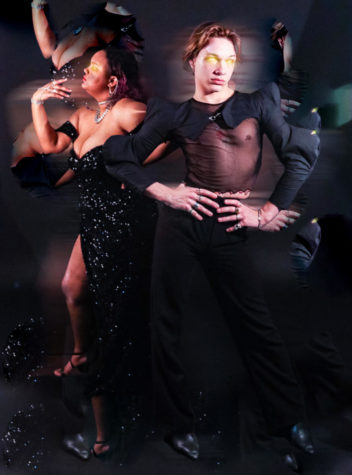
Pride
As defined by Kevin M. Clarke, a professor at St. Patrick’s Seminary and University, in an interview with Becky Little with History magazine, “Vainglory (pride) is where we seek human acclaim.” In fashion, we often see major designers, photographers, models, editors and others take credit for their selfish accomplishments, without giving credit to the nameless people who helped them get to a certain level of success. Fashion is an industry of aesthetic and beauty, yet behind the facade are people and companies who stand on a pedestal of egocentrism.
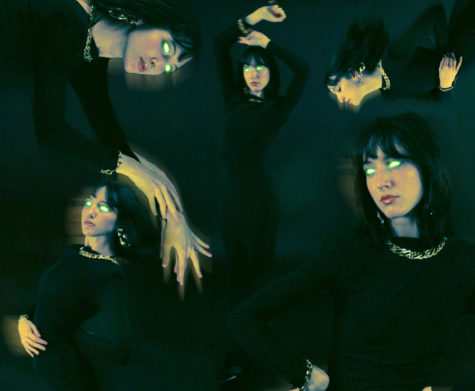
Greed
Also known as avarice, greed is the uncontrolled desire to acquire material gain, whether it be money, possessions or social power. In the case of fashion, the sinful and obsessive craving for obtaining more clothing and accessories is a dangerous game. Major companies and even at the interpersonal level, greed shows up and can be the main force that does not put into the account of others. According to Business Insider, Bernard Arnault is now on the top of the list of billionaires with the highest net worth, beating out Elon Musk and Jeff Bezos. Arnault controls the largest fashion conglomerate, LVMH, which consists of Moet, Louis Vuitton, Dior and Tiffany & Co. Having all this capital under one company doesn’t help in demystifying on how greedy the fashion industry is.
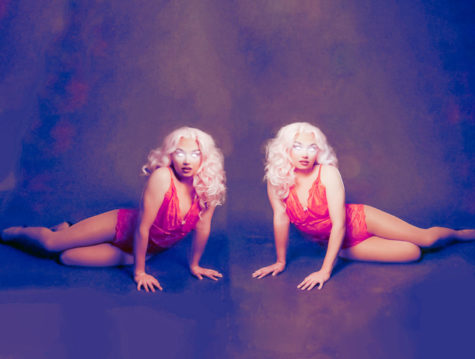
Lust
Under the definition of the Catholic church, lust is defined as “disordered desire for or inordinate enjoyment of sexual pleasure. Sexual pleasure is morally disordered when sought for itself, isolated from its procreative and unitive purposes.” Provocative images are used by brands and publications who focus on fashion as a way to lure viewers in. This “sin” can have its positives and negatives. The positive side is the liberation of all people to freely express themselves with their bodies and words. The negative side would be using people who are not appropriately represented by the brands or publications. Lust is also seen in the prying eyes of people in power. In 2021, Alexander Wang was accused of sexually assaulting a male model named Owen Mooney. The lustful mind can lead to dangerous consequences and damage the victim’s life. The fashion industry uses lust, but sometimes at a cost.
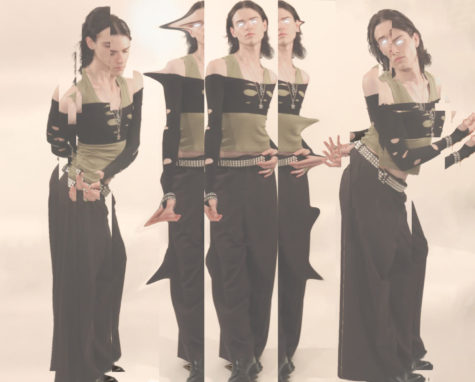
Envy
By the definition of Aristotle, envy is “as pain at the sight of another’s good fortune, stirred by those who have what we ought to have.” In the case of this editorial, envy is presented by the jealousy of our own physical appearances in comparison to others. There are many celebrities and influencers that are setting the societal standards of what makes someone attractive. These ideals pollute our minds into molding our looks to a certain ideal. Even now digitally, it has become easier to adjust our appearance with social media filters and editing software.
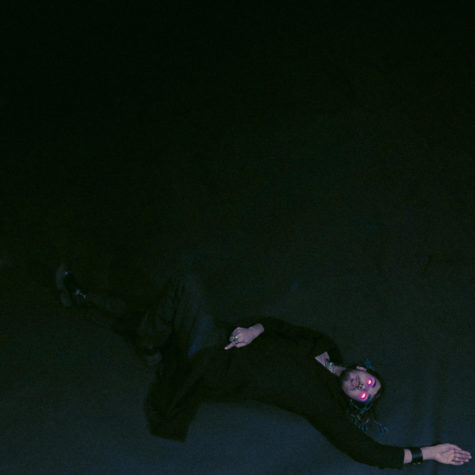
Gluttony
Gluttony occurs when someone overindulges or even over consumes. Most of the time it is thought of having too much food, but anything can be over consumed such as money, possessions, power, people and fashion of course. The amount of clothing that is consumed can suffocate one and exhaust resources out of communities and people. We see this exhaustion of resources in the fashion industry. Fast fashion is the main offender of this sin, while their consumers benefit from it with an excessive amount of cheap clothing made by people who are not paid fairly. According to The Guardian, some garment workers in Bangladesh were paid only 11 poisha (approximately 15 cents) an hour to make T-shirts. This low payment and exploitation of labor only adds to the gluttony of people and brands being drowned in mass production.
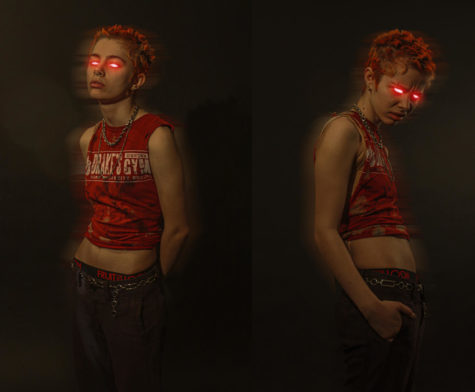
Wrath
When anger reaches a level beyond just emotions and sometimes turns to physical acts, this exemplifies what wrath is as a deadly sin. The Catholic church states, “If anger reaches the point of a deliberate desire to kill or seriously wound a neighbor, it is gravely against charity; it is a mortal sin.” Not many times do we see the fashion industry as one who could display wrath, but again like pride, this sin can show up behind closed doors. This is done to ensure fashion has a certain clean aesthetic to the outside public. In 2011, famed fashion designer John Galliano was caught on tape in an anti-Semitic outburst. At the time, he was working for Dior and was swiftly removed in a week for these comments. Wrath can be an evil act that has hate attached to it, and the fashion industry must tread carefully in how they handle themselves.
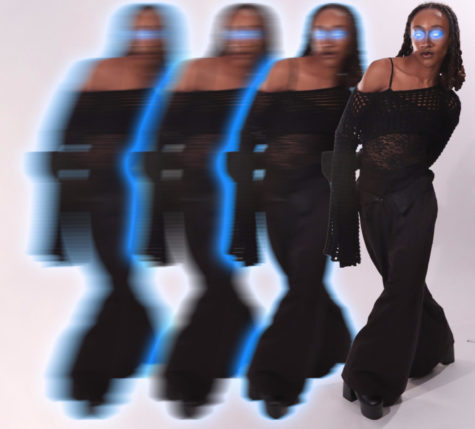
Sloth
After all the sins have been exhausted, one can experience sloth, simply put as laziness. St. Thomas Aquinas of the Catholic faith also calls it, “sloth is a kind of sadness.” Sloth becomes a sin when one knows their prolonging affects others and damages themselves. In terms of fashion sloth, it is seen with companies who steal a designer’s creation. This is sloth because without taking the effort to create something new, they lazily take from an unwarned designer and profit off of their designs. Especially in this age of digital sharing of work, brands can easily browse through and find someone’s ideas to steal through public information on social media sites.
A popular Instagram account known as Diet Prada is one who exposes big brands who steal from lesser known creatives. In an interview with the New York Post, Mary Alice Stephenson, founder of Glam4Good said, “Diet Prada is a lie detector — a fashion reality check — in an industry known for amplified egos and designers raiding other people’s ideas.” Keeping brands accountable for these types of sloth-like behaviors allows creative people to freely share their ideas without fear of it being stolen.
Although fashion is not “God,” to some it is. These sins in fashion can be detrimental to the progression of the fashion industry. All people should be allowed to create and work freely in an industry that respects them. Self reflection is one of the most important things we can do for ourselves.
Which sin do you resonate with?
Support Student Media
Hi! I’m Catie Pusateri, A Magazine’s editor-in-chief. My staff and I are committed to bringing you the most important and entertaining news from the realms of fashion, beauty and culture. We are full-time students and hard-working journalists. While we get support from the student media fee and earned revenue such as advertising, both of those continue to decline. Your generous gift of any amount will help enhance our student experience as we grow into working professionals. Please go here to donate to A Magazine.


